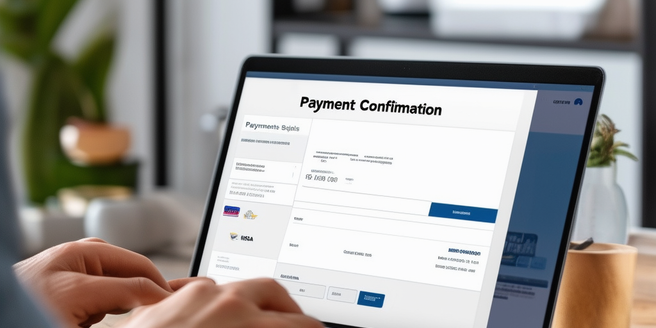Understanding Your Credit Report
Understanding your credit report is crucial for rebuilding credit quickly. Start by obtaining your credit report from major credit bureaus. Carefully review the information for accuracy, checking for any errors or discrepancies. Accurate information is the foundation of a strong credit report. Ensure all accounts listed are up to date and reflect your current financial situation. If you find any mistakes, promptly dispute them with the credit bureau. Understanding the factors that impact your credit score, such as payment history, credit utilization, and length of credit history, can help you prioritize your efforts in rebuilding credit. Stay informed about any updates to your report and keep a close eye on your credit activity.
Creating a Budget and Payment Plan
Creating a budget and payment plan is essential for rebuilding credit. Start by listing all your income sources and monthly expenses. Categorize your expenses into essentials and non-essentials. Evaluate where you can cut back to increase your cash flow. Small changes, like brewing coffee at home or canceling unused subscriptions, can add up and make a significant difference. Allocate funds for paying down existing debt, focusing on high-interest accounts first. Make consistent, on-time payments to avoid late fees and negative impacts on your credit report. Consider setting up automatic payments to ensure you never miss a due date. Sticking to a budget and managing your payments responsibly will help improve your credit score over time.
Secured Credit Cards and Loans
Secured credit cards and loans are valuable tools for rebuilding credit. A secured credit card requires a cash deposit, which serves as your credit limit. By making timely payments, you can steadily improve your creditworthiness. It’s important to review and understand the terms and conditions of your secured credit card. Use this card responsibly by making small purchases and paying off the balance in full each month. This demonstrates good credit behavior to lenders. Similarly, secured loans, backed by collateral like savings accounts, can help you establish a positive payment history. Ensure that your lender reports your on-time payments to credit bureaus, as this will positively impact your credit score. Over time, responsible use of secured credit products can lead to credit score improvements.
Monitoring Your Credit Score Regularly
Monitoring your credit score regularly is vital in the journey to rebuild credit. Use credit monitoring services to receive alerts about any significant changes to your credit report. Taking proactive measures can prevent future financial mishaps. Regularly checking your score allows you to track your progress and identify potential issues promptly. Reviewing your credit report with a fine-tooth comb can reveal errors that need to be corrected. Keep an eye on the key factors influencing your credit score, such as payment history, credit utilization, and account age. If your score drops unexpectedly, investigate the cause and take corrective action. Staying informed about your credit status helps you make strategic decisions to improve and maintain a healthy credit score.
Avoiding Common Credit Mistakes
Avoiding common credit mistakes is critical for those looking to rebuild their credit quickly. Regularly checking your credit report for accuracy can help you stay on track. Never miss a payment, as on-time payments are essential for maintaining a good credit score. Avoid closing old accounts, as this can shorten your credit history and lower your score. Limit new credit applications, as each inquiry can negatively impact your score. Keep your credit utilization low by not maxing out your credit limits. Finally, be cautious about co-signing loans, as you will be responsible if the primary borrower defaults. By being mindful of these common pitfalls, you can effectively work towards rebuilding your credit.


